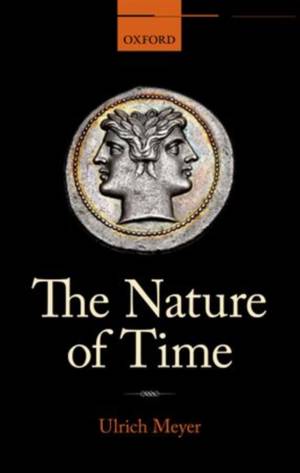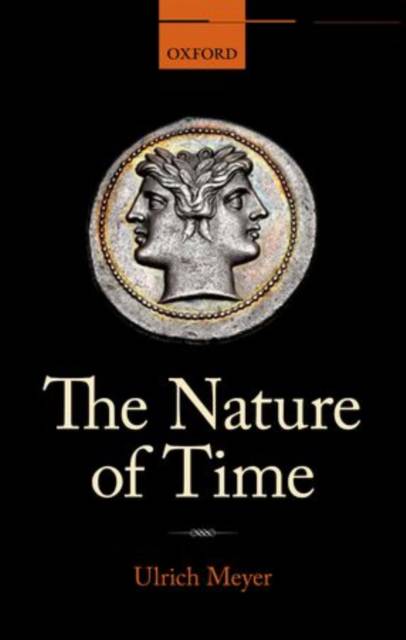
- Afhalen na 1 uur in een winkel met voorraad
- Gratis thuislevering in België vanaf € 30
- Ruim aanbod met 7 miljoen producten
- Afhalen na 1 uur in een winkel met voorraad
- Gratis thuislevering in België vanaf € 30
- Ruim aanbod met 7 miljoen producten
Zoeken
Omschrijving
The theory of relativity convinced many philosophers that space and time are fundamentally alike, and that they are mere aspects of a more fundamental space-time. In The Nature of Time, Ulrich Meyer argues against this consensus view. Instead of a "spatial" account of time that treats instants like positions in space, he presents the first comprehensive defense of a 'modal' account that emphasizes the similarities between times and the possible worlds in modal logic. Modal accounts of time are naturally cast in terms of a tense logic that accounts for temporal distinctions in terms of primitive tense operators. Tense logic was originally developed to provide a linguistic theory of verb tense in natural languages, but here Meyer proposes that it can be treated as a metaphysical theory of the nature of time. Contrary to popular belief, such modal accounts of time do not commit us to the view that there is something metaphysically special about the present moment, and they are
easily reconciled with the theory of relativity.
easily reconciled with the theory of relativity.
Specificaties
Betrokkenen
- Auteur(s):
- Uitgeverij:
Inhoud
- Aantal bladzijden:
- 192
- Taal:
- Engels
Eigenschappen
- Productcode (EAN):
- 9780199599332
- Verschijningsdatum:
- 15/09/2013
- Uitvoering:
- Hardcover
- Formaat:
- Genaaid
- Afmetingen:
- 216 mm x 145 mm
- Gewicht:
- 346 g

Alleen bij Standaard Boekhandel
+ 229 punten op je klantenkaart van Standaard Boekhandel
Beoordelingen
We publiceren alleen reviews die voldoen aan de voorwaarden voor reviews. Bekijk onze voorwaarden voor reviews.











